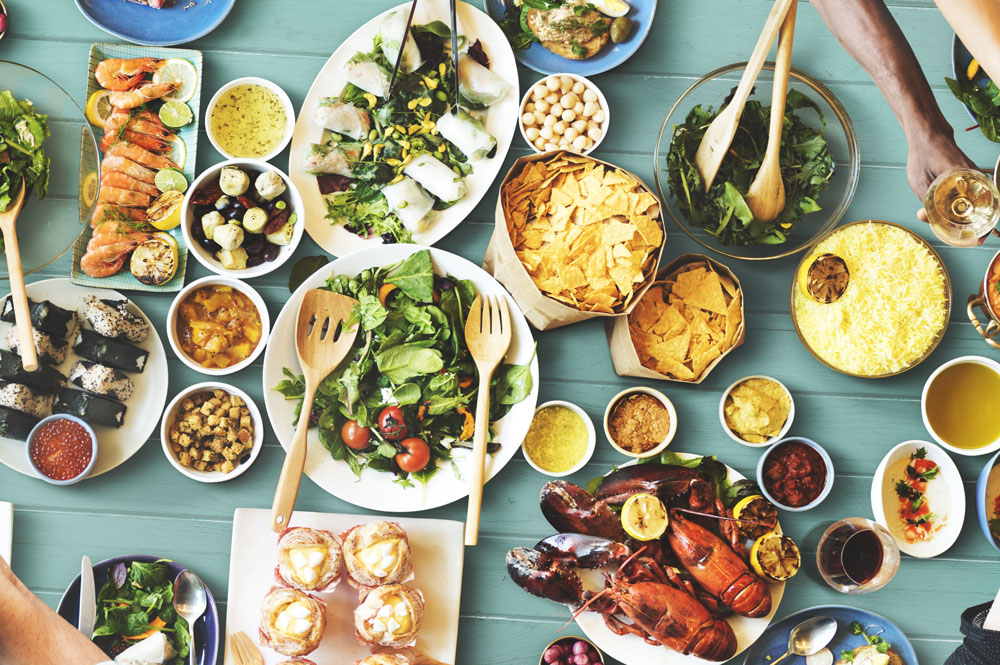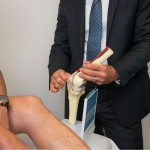
OA can creep up at anytime. Here are some foods to be mindful of during this festive season.
We all know that sharing food is a huge part of our festive season, whether it is sitting around the table with family over Christmas or celebrating New Years Eve with flowing canapés. Although commonly found among older people, some patients don’t realise that osteoarthritis (OA) can develop at anytime. On top of this, patients who are overweight or live an unhealthy lifestyle are putting themselves at more risk for developing OA. To help prevent this from happening, Dr Shidiak has shared a guide on how to manage your weight through choosing the right foods, and avoiding the wrong foods during this festive season.
What is Osteoarthritis (OA)?
OA, also referred to as “wear and tear” arthritis, is the most common type of arthritis. When the cartilage which covers the ends of bones in a joint breaks or wears down, the bones underneath are more prone to rub together. This causes pain, swelling, and stiffening around the joint, impacting everyday activities for patients such as walking up stairs.
Although there is no cure for OA, there are a number of ways to help reduce the risk of developing OA, or reduce pain for those who already have it.
An appointment with Dr Shidiak is always recommended for proper assessment before commencing any treatment.
Your weight and how it impacts OA
Patients who have extra body weight are more susceptible to developing OA, or putting additional pressure and stress on weight-bearing joints that already suffer from arthritis, especially around the knees and hips. Losing weight is a great way to help reduce these risks and lessen any pain patients may experience as a result of OA.
What foods should you avoid?
Arthritis Australia has linked foods with high saturated fats to an increase in total blood cholesterol levels, which can then increase cartilage damage in people with OA.
Saturated fats are commonly found in the fat you can see on red meat and chicken, full-fat dairy products, and certain oils (palm oil, coconut oil).
Foods that are known to increase weight such as processed foods like cakes and pastries or fried foods, which are common contenders at a Christmas spread, should also be avoided.
A healthy diet
Dr Shidiak recommends a healthy and balanced diet which includes a variety of nutritious foods from each of the five food groups as outlined by the Australian Dietary Guidelines. Combined with regular exercise, adopting a healthy diet is proven to maintain any OA symptoms and help improve overall quality of life.
What foods should you eat?
To help lose excess weight and reduce symptoms of OA, patients should include foods with healthy fats such:
• Monounsaturated fat – Nuts, seeds, avocados, and certain vegetable oils (olive oil, canola oil, sunflower oil)
• Omega-3 fats – fish (oily fish, such as sardines and salmon) or fish oil supplements, flaxseed, and walnuts.
The festive season is just around the corner, so if you feel your health might be impacting your arthritis or think you may be at risk in developing OA, now is the time to prepare! Please chat to Dr Shidiak about what steps can be taken to improve your health and wellbeing. To book an appointment, call our reception on 02 9806 3333.


